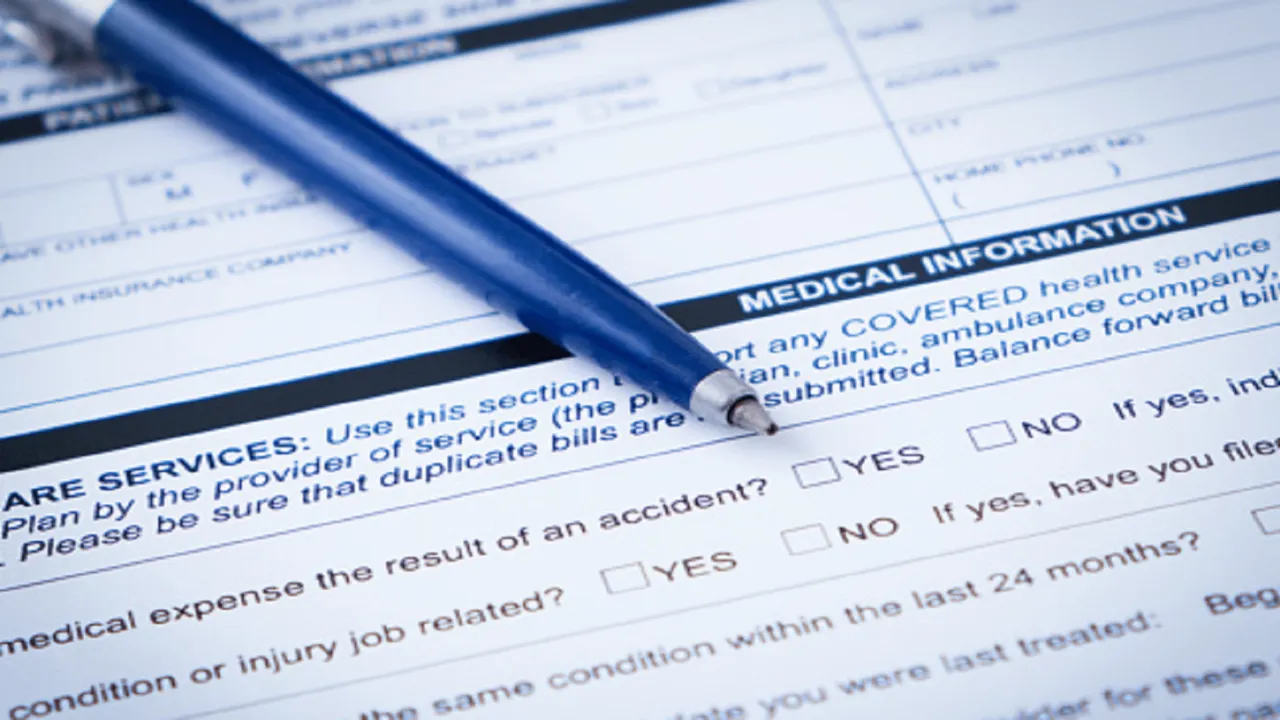No one wants to suffer a workplace injury. The pain and anxiety, not to mention the stress it places on your family, make a workplace injury an event you avoid as carefully as possible. You follow safety protocol, wear protective gear, and attend mandatory training. You and your coworkers look out for each other.
Nevertheless, it is reassuring to know that workers’ compensation insurance is available to help you through a difficult time if you do happen to get hurt or ill on the job. Workers’ compensation generally covers your medical bills, lost wages, and, in some cases, rehabilitation costs if the accident occurred during your normal work activities. However, what about your drive to work in the morning?
What Activities Qualify for Workers’ Compensation in California?
Logically, your drive to work may be part of your workday. If you did not have to be at work, you probably would not have been on the road when the accident occurred. Therefore, it would seem natural to assume that your medical expenses should fall under workers’ compensation if you suffer injuries in a car accident while traveling to or from your job.
Unfortunately, California workers’ compensation law contains an exception called the going and coming rule. This legal doctrine, outlined in California Labor Code Section 3600, excludes coverage for injuries that occur during an employee’s normal commute to and from work. The principle is that the commute is not considered part of an employee’s job duties and, therefore, is not within the scope of employment.
Exceptions to the Going and Coming Rule
While the going and coming rule may seem broad, there are important exceptions that California courts and the Division of Workers’ Compensation (DWC) recognize. For example, if an employee is driving a company vehicle, especially one displaying the employer’s logo, the accident may be deemed work-related. Similarly, suppose driving is central to your job, such as for a truck driver, police officer, construction supervisor traveling to multiple work sites, or a nurse providing home healthcare. In that case, workers’ compensation may apply.
Another common exception occurs when workers travel between job sites. Landscapers, electricians, IT technicians, and similar employees whose work requires mobility are often covered if injured while driving from one location to another. Business travel is also an exception. If you are away from home on a business trip, your workers’ compensation coverage may extend to accidents that happen outside of normal working hours.
A final exception applies when your employer sends you on a special errand, such as picking up office supplies or delivering materials to a client. If an accident occurs during this task, it may be compensable even though it takes place during what would otherwise be considered a commute.
Coverage Beyond the Workplace
Workers’ compensation benefits may extend to situations that occur outside the traditional workplace. If you are injured during a company-sponsored event, such as a picnic, training retreat, or holiday gathering, you may have a valid claim. California law has long recognized that employer-sponsored social activities can create liability if they are integral to the company culture or provide a benefit to the employer.
There are also nuanced situations in hybrid or remote work environments. If you normally work from home but are required to attend a meeting at the office, an accident during that commute may be treated differently than a standard daily commute. Similarly, the “premises rule” often applies to accidents occurring in employer-owned parking lots or entryways. In those cases, the accident is considered part of your employment because it happens on company-controlled property.
What Benefits Are Available if Coverage Is in Effect?
If your situation qualifies under workers’ compensation, California law provides several categories of benefits. These include:
- Medical treatment: Hospital bills, surgeries, medications, and rehabilitation costs are typically covered.
- Temporary disability benefits: Payments for a portion of lost wages if your injury prevents you from working for more than three days.
- Permanent disability benefits: Compensation if your injury results in lasting impairment.
- Supplemental job displacement benefits: Vouchers for retraining if you cannot return to your previous job.
- Death benefits: Payments to surviving dependents if a fatal injury occurs.
It is essential to report claims promptly. California requires workers to notify their employer of a workplace injury within 30 days, and a formal workers’ compensation claim generally must be filed within one year.
What If Your Claim Is Denied?
Many workers’ compensation claims are denied initially, particularly when coverage is uncertain, such as in commute-related accidents. If your claim is denied, you have the right to file an appeal with the California Division of Workers’ Compensation. The process often involves attending a hearing before a workers’ compensation judge who reviews evidence and determines eligibility. Having legal representation during this process can significantly improve your chances of success, as experienced attorneys understand how to present evidence and argue exceptions to the going and coming rule.
Alternatives If Workers’ Compensation Does Not Apply
If your commute injury does not qualify under workers’ compensation, other legal avenues may be available. If another driver was responsible for the crash, you can pursue a third-party personal injury claim. In some cases, if employer negligence played a role, for example, requiring you to drive an unsafe vehicle, you may also have a separate cause of action. Your own health and auto insurance may provide coverage as well, though typically with limitations compared to workers’ compensation benefits.
Why Legal Guidance Matters
Workers’ compensation law in California is highly detailed, shaped by statutes, regulations, and case law. The going and coming rule, in particular, has been the subject of numerous court interpretations, each adding nuance to the question of when a commute accident is covered. Without legal guidance, it is easy for an injured worker to assume that a denial means there are no options left. In reality, exceptions and appeals are common, and an attorney can help identify strategies you may not realize exist.
At Hussain & Gutierrez, we are dedicated to protecting California workers. We understand how stressful it is to navigate a work injury claim, especially if your situation falls into a gray area, such as a commute accident. Our attorneys will thoroughly evaluate your case, explain your rights under California law, and work diligently to ensure you receive the maximum benefits available.
Frequently Asked Questions (FAQs)
Does workers’ compensation cover car accidents while commuting in California?
Generally no. Under the going and coming rule, routine commutes are excluded. However, exceptions exist when driving is central to the job or when using a company vehicle.
What is the going and coming rule?
It is a legal doctrine under California Labor Code Section 3600 that excludes normal commutes from workers’ compensation coverage, except in certain circumstances.
How long do I have to file a workers’ compensation claim in California?
You must report the injury to your employer within 30 days, and in most cases, you must file a claim within one year.
What happens if my workers’ comp claim is denied?
You can appeal through the Division of Workers’ Compensation. A judge will review evidence, and an attorney can represent you to strengthen your case.
Can I pursue other claims if workers’ compensation does not apply?
Yes. You may file a personal injury claim against another driver or pursue other remedies if employer negligence contributed to the accident.
Are injuries at company events covered?
Yes. If the event was sponsored by your employer and tied to work, such as a picnic or training session, your injuries may be compensable.
Protect Your Rights After a Work-Related Injury
If you have been injured in a commute accident, on a job site, or at a company-sponsored event, you should not assume that workers’ compensation does not apply. With exceptions to the going and coming rule and alternative legal remedies, you may have more rights than you realize.
Contact Hussain & Gutierrez today to schedule a consultation. Our team will review your case, explain California’s workers’ compensation laws in detail, and fight for the compensation you deserve.



